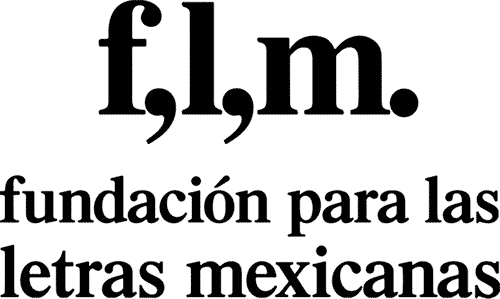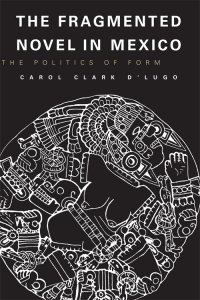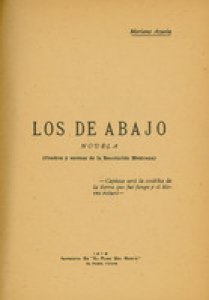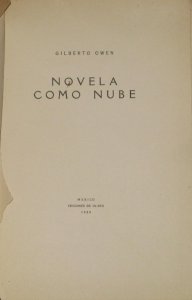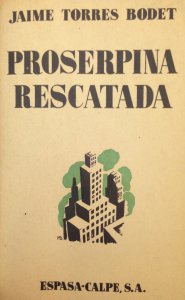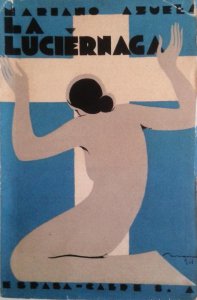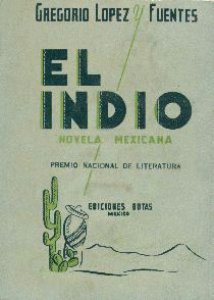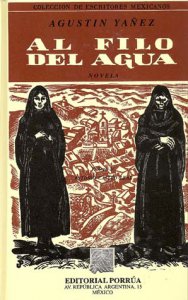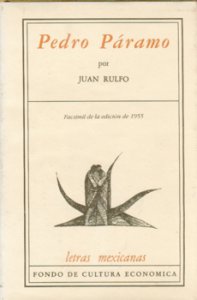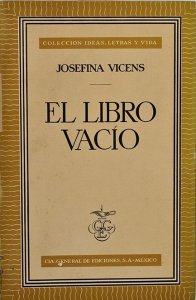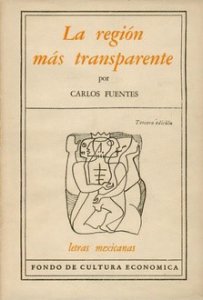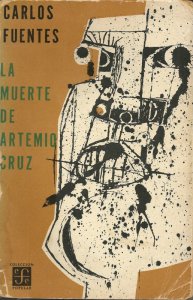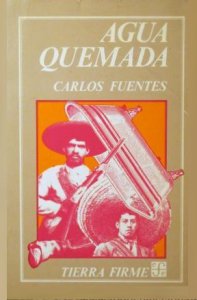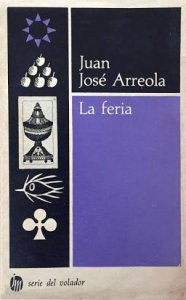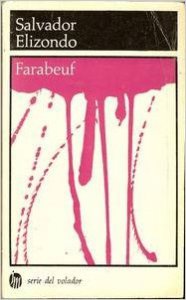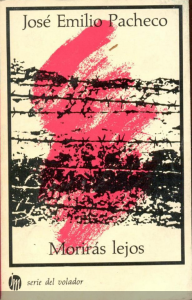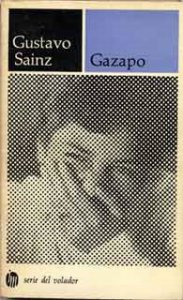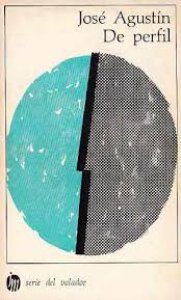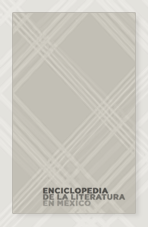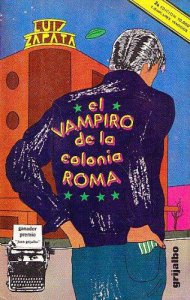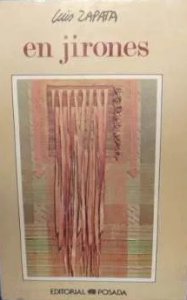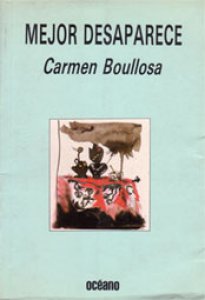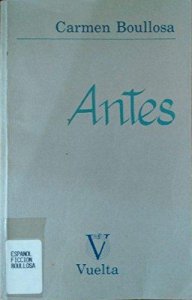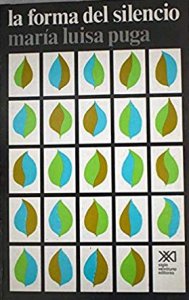From Mariano Azuela's 1915 novel Los de abajo to Rosamaría Roffiel's Amora of 1989, fragmented narrative has been one of the defining features of innovative Mexican fiction in the twentieth century. In this innovative study, Carol Clark D'Lugo examines fragmentation as a literary strategy that reflects the social and political fissures within modern Mexican society and introduces readers to a more participatory reading of texts.
D'Lugo traces defining moments in the development of Mexican fiction and the role fragmentation plays in each. Some of the topics she covers are nationalist literature of the 1930s and 1940s, self-referential novels of the 1950s that focus on the process of reading and writing, the works of Carlos Fuentes, novels of La Onda that came out of rebellious 1960s Mexican youth culture, gay and lesbian fiction, and recent women's writings.
With its sophisticated theoretical methodology that encompasses literature and society, this book serves as an admirable survey of the twentieth-century Mexican novel. It will be important reading for students of Latin American culture and history as well as literature.
Azuela, Mariano Owen, Gilberto Torres Bodet, Jaime López y Fuentes, Gregorio Yáñez, Agustín Rulfo, Juan Vicens, Josefina Fuentes, Carlos Arreola, Juan José Elizondo, Salvador Pacheco, José Emilio Sainz, Gustavo Agustín, José Manjarrez, Héctor Zapata, Luis Neymet, Mónica de Boullosa, Carmen Puga, María Luisa Los de abajo Novela como nube Proserpina rescatada La luciérnaga El indio : novela mexicana Al filo del agua Pedro Páramo El libro vacío La región más transparente La muerte de Artemio Cruz Agua quemada La feria Farabeuf, o, La crónica de un instante Morirás lejos Gazapo De perfil Lapsus El vampiro de la Colonia Roma : las aventuras, desventuras y sueños de Adonis García, el vampiro de la Colonia Roma En jirones Mejor desaparece Antes La forma del silencio

